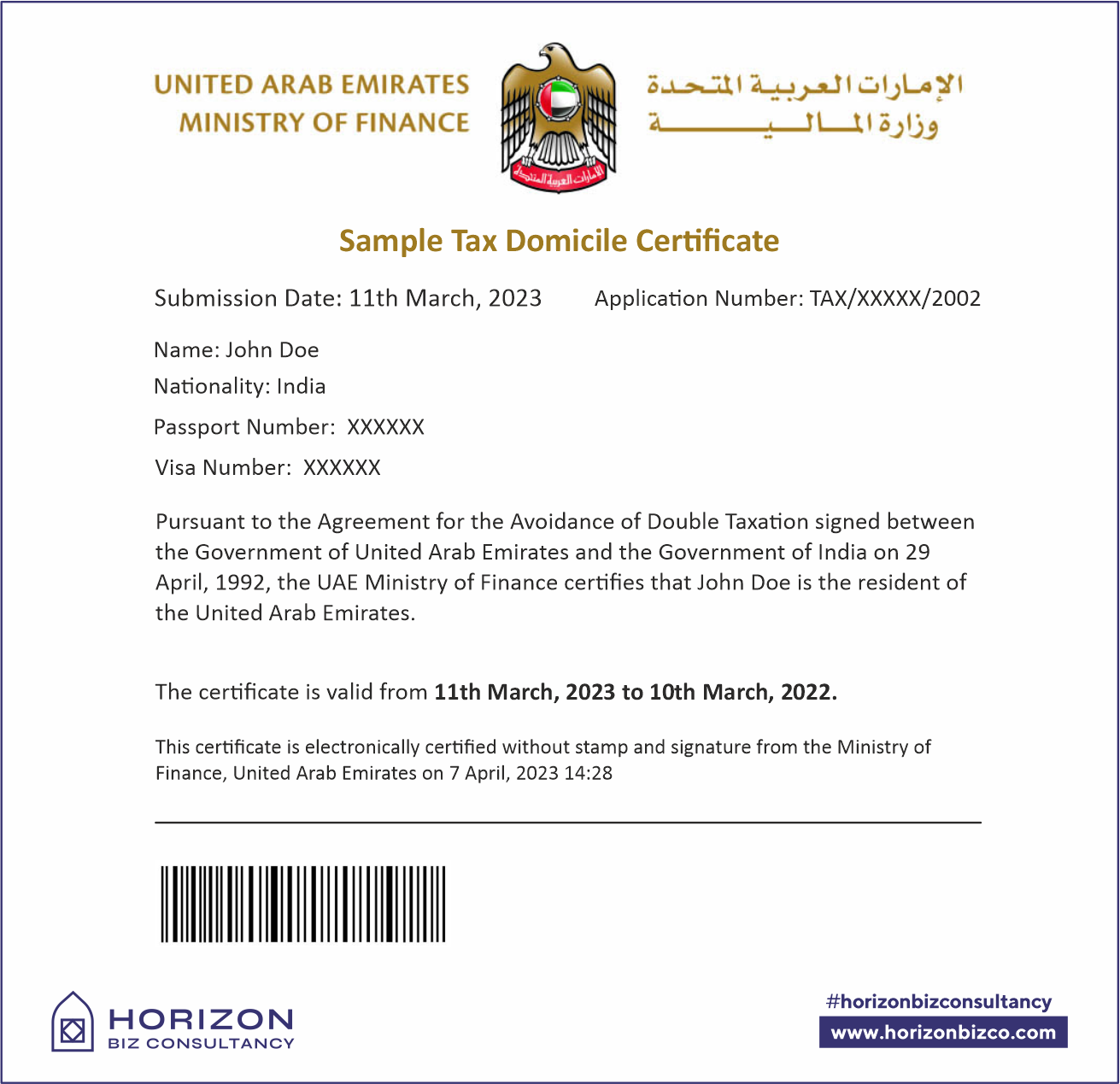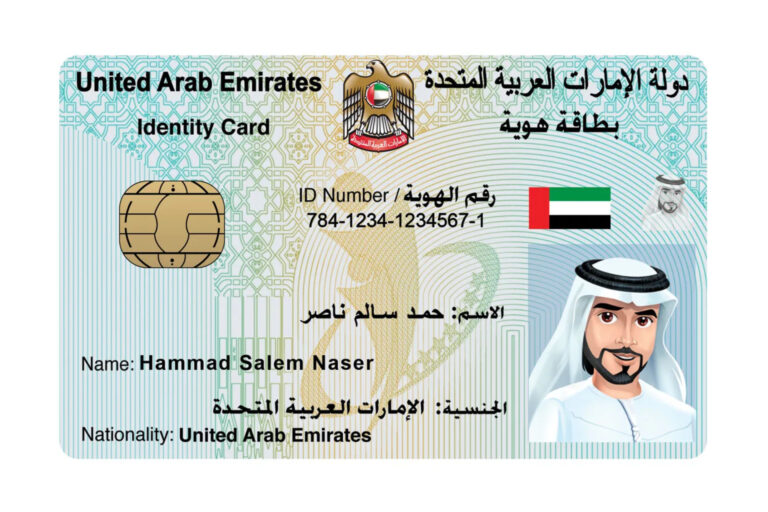How to Get Easy Tax Residence in Dubai, UAE
Have you heard of the recent cabinet resolution enabling one to become a tax resident of Dubai within a mere 90 days? This article dives deep into the nuances of this resolution, discussing its relevance, applicability, and benefits.
Understanding the New Resolution
Dubai, part of the United Arab Emirates (UAE), is renowned worldwide for its impressive zero-tax policy, a significant magnet for global investments.
This bustling hub, known for luxury, advanced technology, and a thriving tourist scene, offers a unique proposition for potential residents.
While residing in the UAE doesn’t qualify one for citizenship, there’s an enticing opportunity to become a tax resident, reaping a multitude of benefits.
Until recently, the UAE lacked a domestic legal definition for tax residency, relying instead on tax treaties and specific criteria set by the UAE’s federal tax authority.
To offer clarity, the Cabinet Resolution Number 85 was introduced. Effective from March 1st, 2023, this resolution clearly outlines the criteria for both natural and corporate entities to be recognized as tax residents.
Eligibility for Individuals
To be considered a tax resident, individuals must meet one of the following conditions:
- Principal Residency: The individual’s primary place of residence is the UAE, with most of their financial and personal interests rooted there, or they meet other conditions set by the minister.
- Physical Presence: Individuals who have stayed in the UAE for 183 days or more within a 12-month period automatically qualify as tax residents.
- The 90-Day Rule: This new provision, and the focus of our discussion, allows for tax residency if an individual stays in the UAE for at least 90 days within a year, provided they are a UAE citizen or resident, have a permanent UAE residence, or conduct business in the country.
Criteria for Corporate Entities
Entities become tax residents if:
- They’re established, formed, or registered as per UAE laws (excluding foreign legal person branches).
- The soon-to-be-published UAE tax law recognizes them as tax residents. This law’s details will provide clarity on this condition.
It’s important to note that foreign entities, unless effectively managed and controlled by the UAE, aren’t typically seen as tax residents. However, certain international agreements can override this rule, so it’s always good to refer to specific conditions set in individual agreements.
The Perks of This Tax Regime
- Clearer Guidelines: The new resolution provides a clearer understanding of tax residency criteria for both natural and legal entities.
- Facilitated Bilateral Agreements: Enhanced clarity aids in applying bilateral tax agreements between the UAE and other nations, making tax resident certification easier.
- Tax Savings: Becoming a tax resident now requires just 90 days of physical presence in Dubai. Individuals enjoy zero tax on their personal income, while companies can also benefit from being tax-free.
- Global Alignment: Brad Evans, Managing Director of EMEA at Atlas Wealth Management, remarks that the UAE’s move aligns with global tax compliance frameworks, especially with the introduction of new company tax in 2023.
In conclusion, the UAE continues to cement its position as a coveted destination for those seeking favorable tax landscapes. With the Cabinet Resolution Number 85 of 2022, it further broadens its appeal, promoting economic globalization. It’s a promising stride for the country and its present and future populace.
Do share your thoughts in the comments, and thank you for reading!



